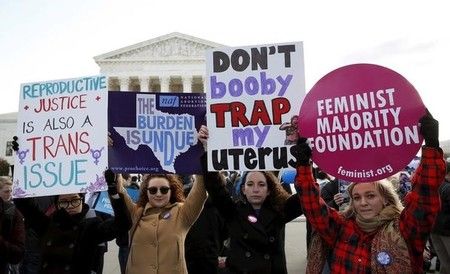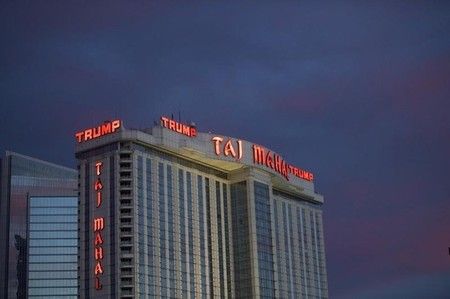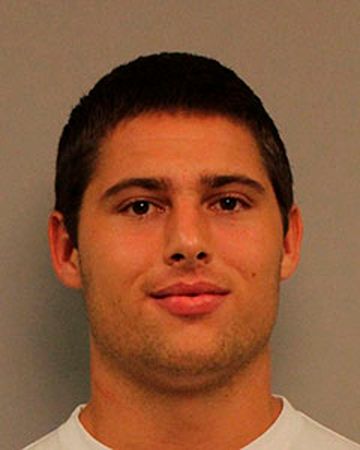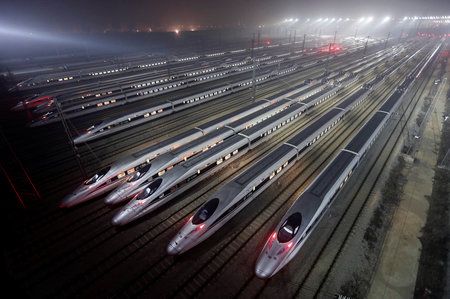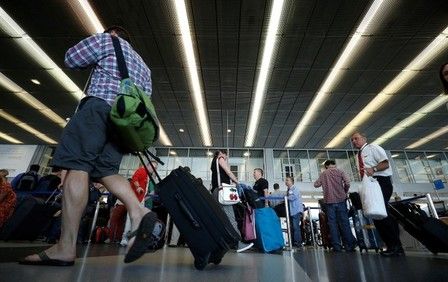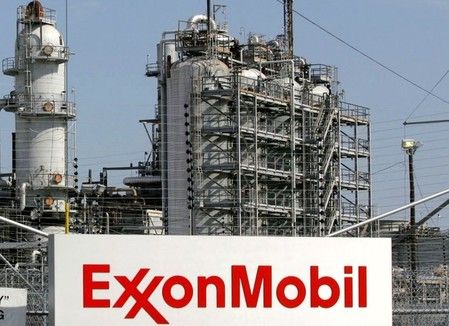Advertisement
U.S., Takata confirm recall of 35 million-40 million Takata air bag inflators

By David Shepardson
(Reuters) – The U.S. Transportation Department and Takata Corp <7312.T> confirmed on Wednesday that automakers will recall another 35 million to 40 million U.S. air bag inflators assembled by the Japanese manufacturer by 2019.
The confirmation follows a report by Reuters Tuesday about the expansion of the largest-ever U.S. auto safety recall. Previously, 14 automakers had recalled 24 million vehicles with 28.8 million inflators linked to at least 11 deaths and more than 100 injuries.
National Highway Traffic Safety Administration (NHTSA) officials said Tesla Motors Inc <TSLA.O>, Fisker Automotive and Jaguar Land Rover will recall Takata air bag inflators, bringing the automakers involved to 17, including Honda Motor Co <7267.T>, Ford Motor Co <F.N> and Fiat Chrysler Automobiles NV <FCHA.MI>.
NHTSA said the decision “follows the agency’s confirmation of the root cause behind the inflators’ propensity to rupture.”
Takata must file new defect reports starting May 16 covering 35-40 million additional inflators that will lead to recalls by the automakers. The expansions mean all Takata ammonium nitrate-based propellant driver and passenger frontal air bag inflators without a chemical drying agent, known as a desiccant, will be recalled.
Takata confirmed the expansion but said it is not aware of any ruptures in the inflators in vehicles that are part of the expansion “nor is Takata aware of any new data or scientific analysis that suggests any substantial risk with respect to such vehicles.”
NHTSA officials demanded in meetings last week with Takata that it agree to the expansion. “This agreement with NHTSA is consistent with our desire to work with regulators and our automaker customers to develop long-term, orderly solutions to these important safety issues,” said Shigehisa Takada, Chairman & CEO of Takata, in a statement.
Takata said the first defect notice will be filed on May 16 and will cover approximately 14 million U.S. inflators. Takata said it told NHTSA of “severe challenges it will face in supplying replacement parts for the expanded recalls.”
The new recalls, to be prioritized by age and risk of exposure to high humidity and phased in through 2019, come as automakers seek enough replacement parts to meet the current demand for recalls.
There are no deaths linked to the new inflators being recalled, and agency officials said at a briefing they did not believe there were injuries linked to them either.
“The acceleration of this recall is based on scientific evidence and will protect all Americans from air bag inflators that may become unsafe,” Transportation Secretary Anthony Foxx said in a statement.
Members of Congress prodded Takata and NHTSA to move quickly.
“NHTSA, Takata, and automakers need to buckle down, do more, and work together to get these defective airbags off the road,” said Representatives Fred Upton, a Michigan Republican, and Michael Burgess, a Texas Republican.
Senator Bill Nelson, a Florida Democrat said “the top priority must be doing whatever is necessary to get these potentially deadly airbags out of people’s cars as quickly as possible.”
NHTSA and its outside expert reviewed the findings of three independent investigations into the Takata air bag ruptures and confirmed the root cause of inflator ruptures. A combination of time, environmental moisture and fluctuating high temperatures contribute to the degradation of the ammonium nitrate propellant in the inflators.
The recall expansion does not include additional inflators that include a chemical desiccant that absorbs moisture. There have been no reported ruptures of the desiccated inflators, but NHTSA Administrator Mark Rosekind said the agency could order a recall if new facts emerged.
(Editing by Marguerita Choy, Bernadette Baum and Bernard Orr)



